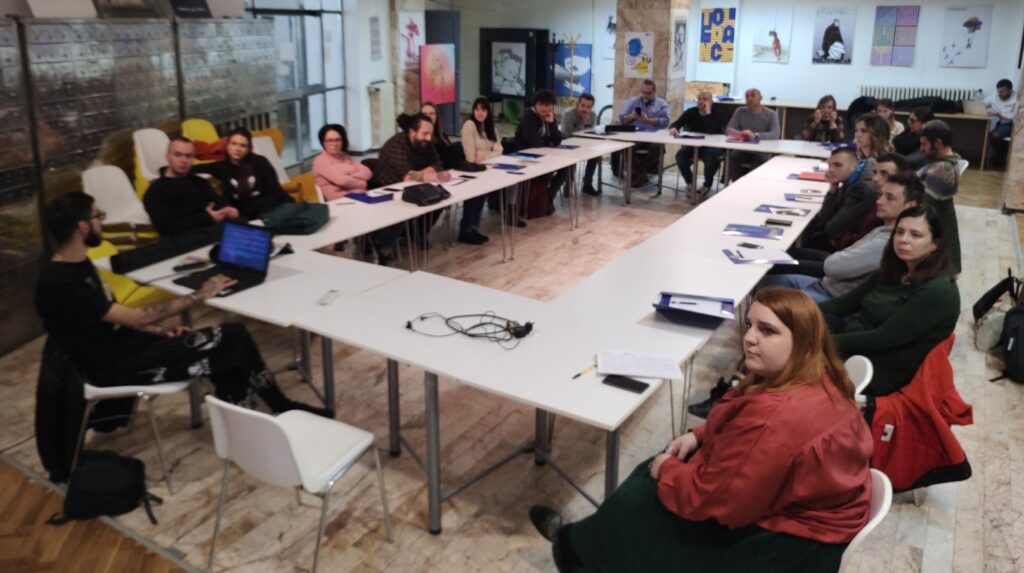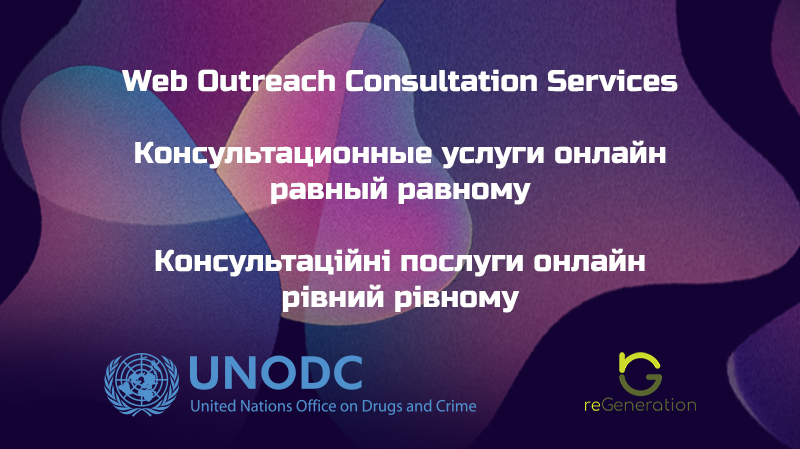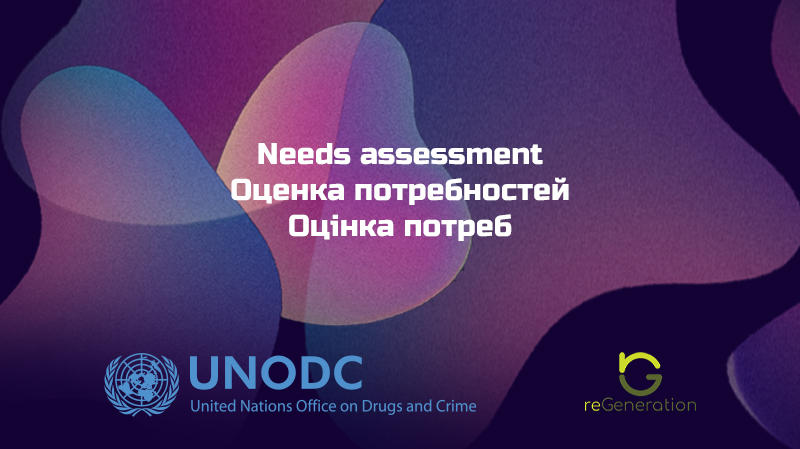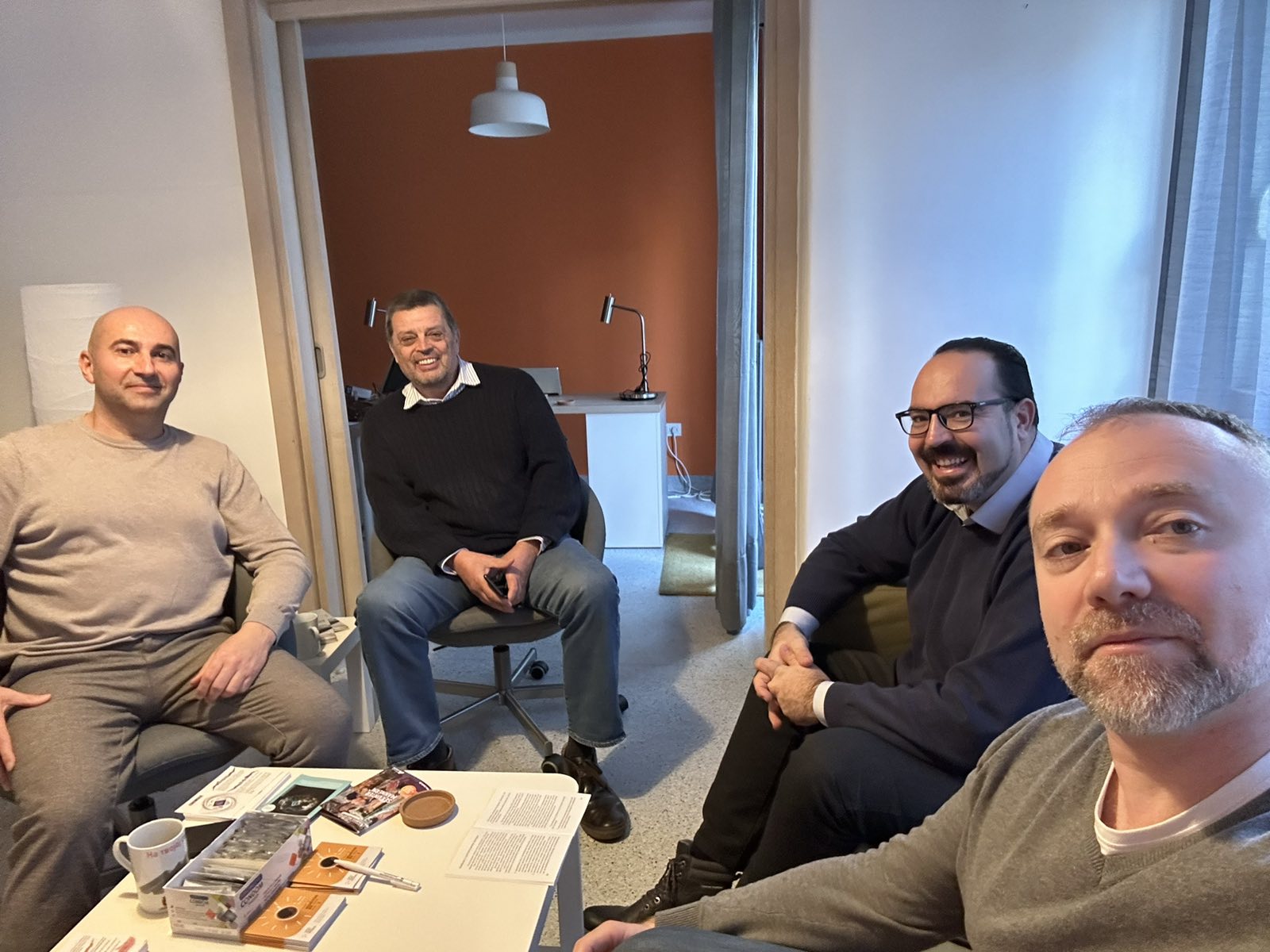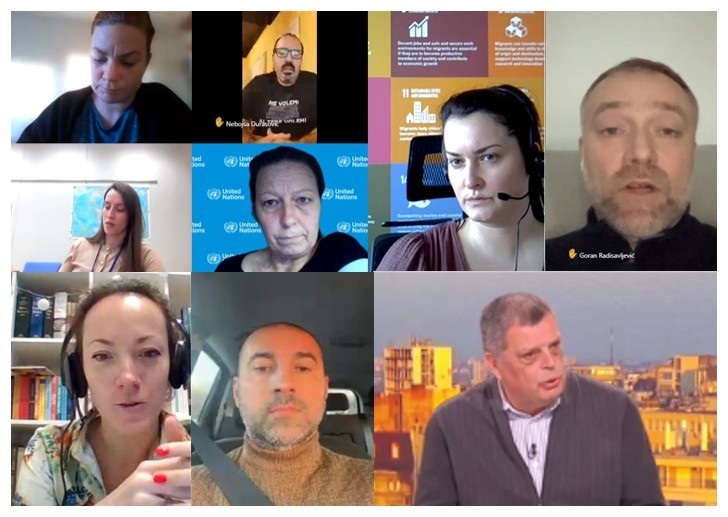The information of relevance about health services and drugs for the refugees from Ukraine and displaced persons from Russia which DPNSEE prepred have been printed and are now ready for dissemination.
All important stakeholders participated in commenting on the draft and provided information from their field of work: ministries of health and interior, commissariat for refugees, institute for public health, office for combating drugs, UNHCR and a civil society organisations working with refugees. This was very important because it would have ensured that the information was accepted and later distributed by all.
Two clear, reliable, and trustworthy information documents are prepared:
- General information for refugees and displaced persons in the Republic of Serbia, including information about Refugees in the Republic of Serbia, Temporary residence in the Republic of Serbia, and Where else to get more information and support?
- Information for people living with HIV and populations at increased risk of HIV, including General information about the health care of refugees and displaced persons, Information for people living with HIV, Information for people who use drugs, Information for people from the LGBTI+ population, Information for sex workers, Groceries, other daily necessities and other available services and contacts of the civil society organizations in Serbia that provide support
The documents are published in four languages: Ukrainian, Russian, Serbian and English.
 In addition to the information, published already on the DPNSEE website at the following address http://dpnsee.org/informacije/, we prepared a small posted with the QR code that easily leads those interested to this web page.
In addition to the information, published already on the DPNSEE website at the following address http://dpnsee.org/informacije/, we prepared a small posted with the QR code that easily leads those interested to this web page.
The Ministry of Interior took responsibility for sharing them with border police stations and their offices dealing with asylum-seeking and registration of foreigners. The Commissariat for Refugees distributes the documents to their officers and refugee centres throughout the country. The Office for Combating Drugs will distribute the information to four cilnics for addictions and their network of multi-sectorial teams in local communities, and they also shared the documents at events where they had information stands. With the support of the Institute for Public Health, DPNSEE sent the documents to their 25 local branches around the country. Our colleagues from the four organisations providing services took the document to share among those who requested support. Documents were also shared with other civil society organisations that work with refugees.


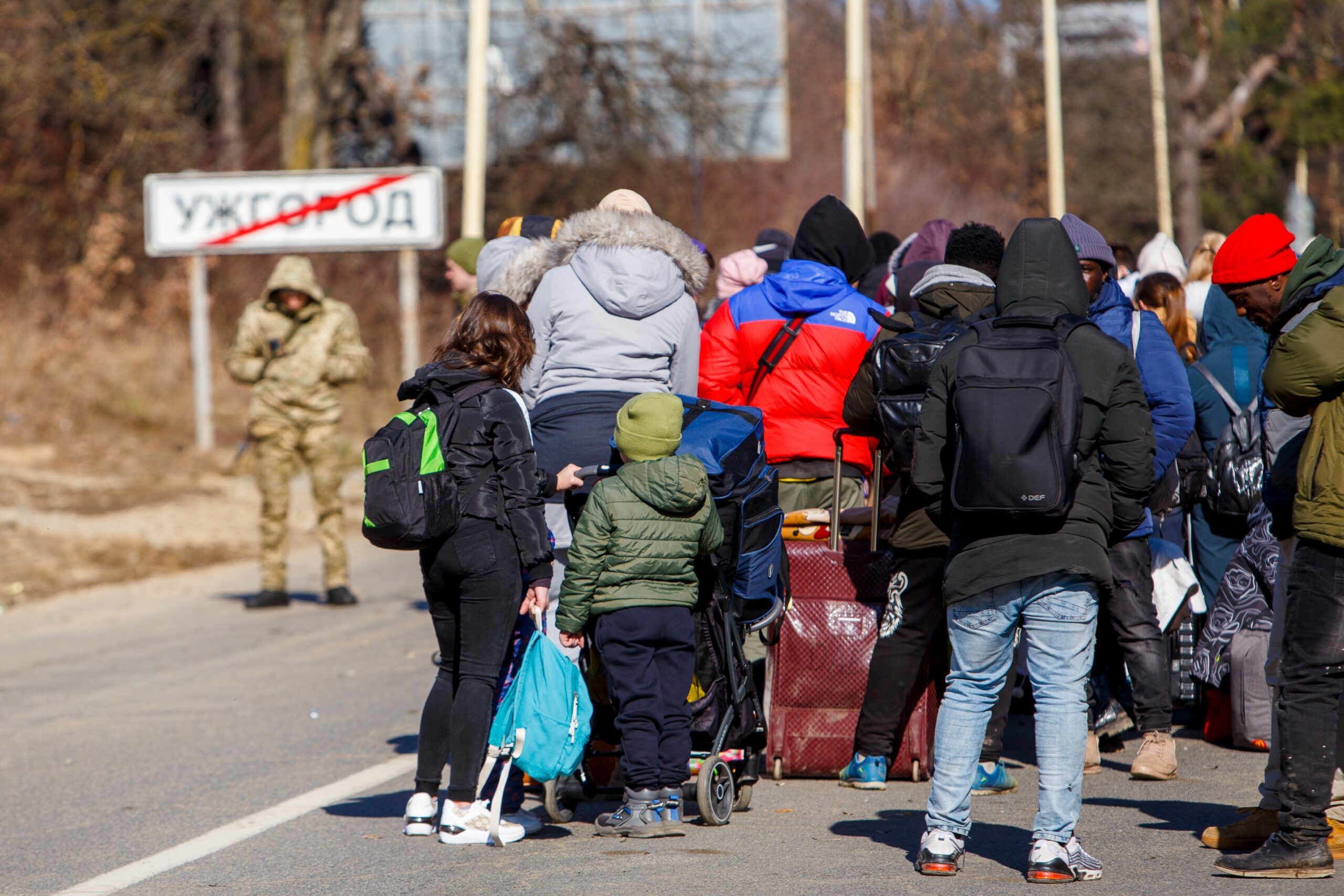
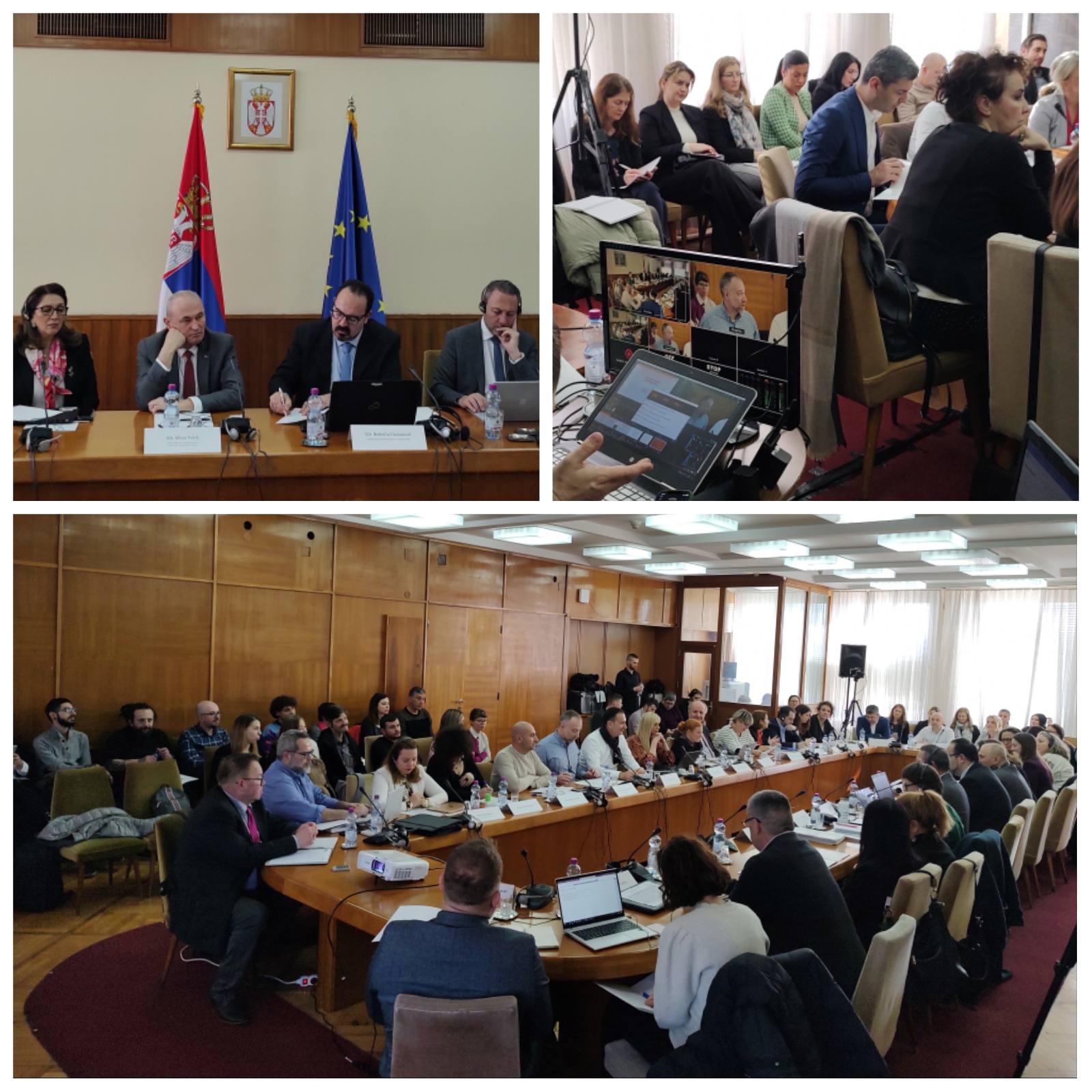
 The aim of the event was mobilising civil society, service providers, policymakers and other national stakeholders from the Western Balkan region to ensure wide and all-involving drug strategy development process, with the focus on evidence and human rights-based drug strategies which prioritise health-related needs and resources.
The aim of the event was mobilising civil society, service providers, policymakers and other national stakeholders from the Western Balkan region to ensure wide and all-involving drug strategy development process, with the focus on evidence and human rights-based drug strategies which prioritise health-related needs and resources.
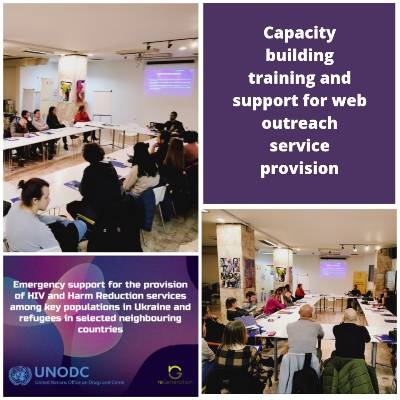
 NGO ReGeneracija held the training “Piloting web outreach services for working with people who use drugs and are at risk of HIV/AIDS, with a special focus on new psychoactive substances, stimulants and recreational drug use” on 20 February 2023. The training was part of the project “
NGO ReGeneracija held the training “Piloting web outreach services for working with people who use drugs and are at risk of HIV/AIDS, with a special focus on new psychoactive substances, stimulants and recreational drug use” on 20 February 2023. The training was part of the project “